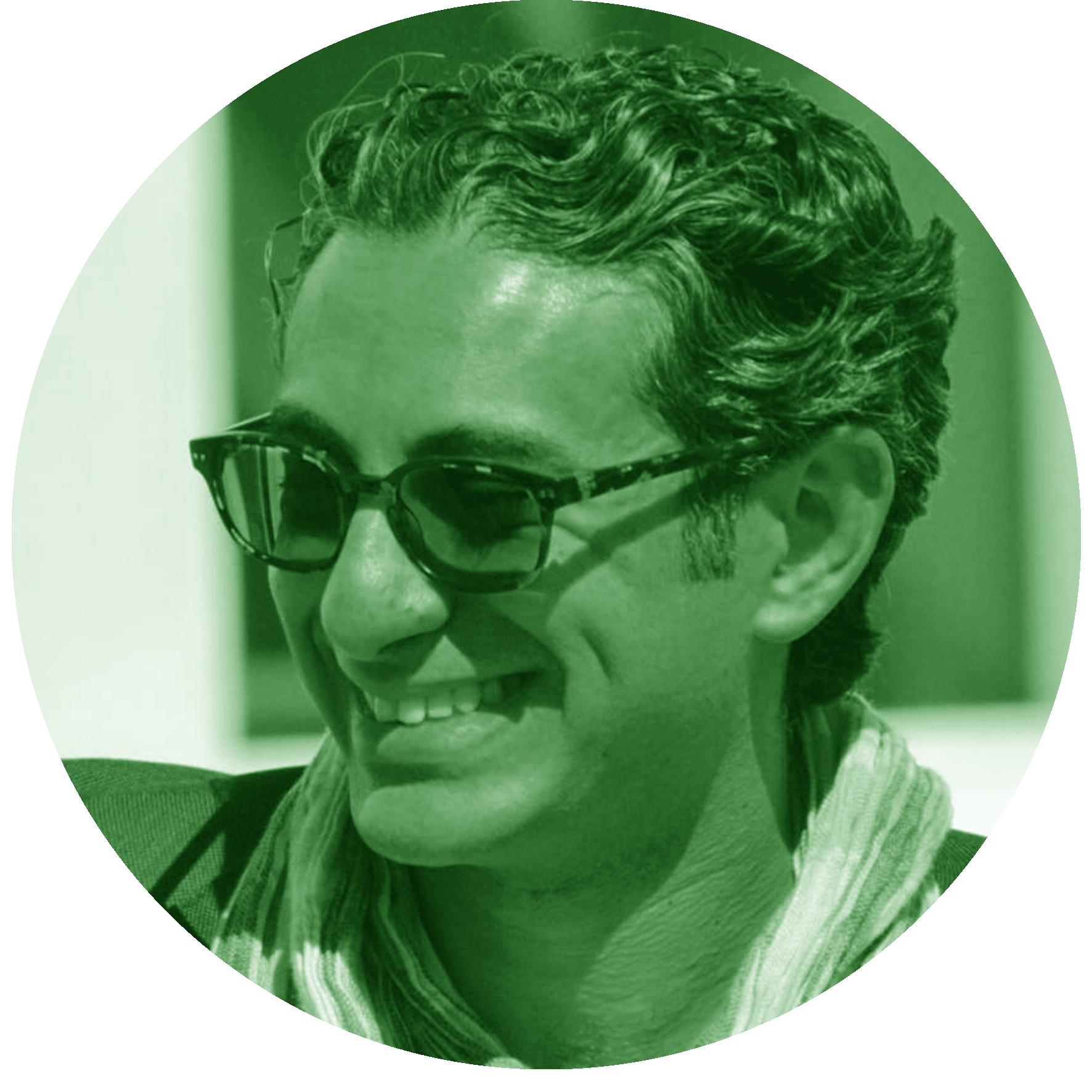STORYTELLING WORKSHOP:
DISEMBODIED TERRITORIES
︎︎︎
DISEMBODIED TERRITORIES
︎︎︎
This workshop is part of the collective mapping project “Disembodied Territories” which brings together investigations around place making and territory from an African point of view, in which African scholars, artists, architects and writers try to make sense of Africa, unbounded. This collection of voices and analysis spans African spaces beyond territorial politics and colonial borders, in a trial to make sense of our African space inside the continent and in the diaspora. We have 40 entries by an inspiring group of African thinkers, looking at a stunning range of subjects, from watery politics in the Niger Delta to Zimbabwean dreams of space, from the ghosts of the past in South Africa to diasporic reflections on American, Arab Canadian and British blackness.
In this storytelling workshop we carve out a place to share our senses, see and hear each other’s places. It will take place on the 1st of July over 6 sessions, with each session taking around 90 minutes in which 5-6 contributors will share their proposals. We are honoured to have the expertise and wisdom of esteemed respondents who will give their insight around the proposed topics. The workshop will be an intimate space and will not be broadcast live but we might consider publishing parts of our conversation, following consent from everyone involved.
In this storytelling workshop we carve out a place to share our senses, see and hear each other’s places. It will take place on the 1st of July over 6 sessions, with each session taking around 90 minutes in which 5-6 contributors will share their proposals. We are honoured to have the expertise and wisdom of esteemed respondents who will give their insight around the proposed topics. The workshop will be an intimate space and will not be broadcast live but we might consider publishing parts of our conversation, following consent from everyone involved.
Workshop Program
(This program is preliminary and subject to slight changes )
July 1st, 2021
(This program is preliminary and subject to slight changes )
July 1st, 2021
Session 1:
8.00 - 9.30 (BST)
8.00 - 9.30 (BST)
Respondent:
Ola Uduku
Ola Uduku
Ola Uduku is Research Professor in Architecture at the Manchester School of Architecture. Prior to this she was Reader in Architecture, and Dean International for Africa, at Edinburgh University. Her research specialisms are in the history of educational architecture in Africa, and the contemporary issues related to social infrastructure provision for minority communities in cities in the ‘West’ and ‘South’. She is currently engaged in developing postgraduate research and teaching links in architecture urbanism, heritage and conservation between West African Architecture schools and those in North West England.

Session 2:
10.00 - 11.30 (BST)
10.00 - 11.30 (BST)
Respondent:
Momen El Husseiny
Momen El Husseiny
Momen El-Husseiny is assistant professor of architecture and urban design at The American University in Cairo. As a licensed architect since 2003, he has collaborated in the design of several international competitions and projects across the Middle East including The American University in Cairo's New Cairo Campus (2001-2006) particularly the Performance and Visual Arts building (PVA) with its park and square. He is a trained ethnographer with a PhD from the University of California, Berkeley in Architecture (2007-2015) with a designated emphasis in global metropolitan studies and minor in anthropology.

Session 3:
13.30 - 15.00 (BST)
13.30 - 15.00 (BST)
Respondent:
Sheryl Ann Simpson
Sheryl Ann Simpson
My research and teaching are informed by an interest in the ways in which states and communities interact in place. So for example, how are government policies and programs implemented or translated into everyday experiences; how do community members use, narrate and shape their environments; and in turn how do those actions and stories influence new government policies and programs. I focus this general interest through questions around citizenship and immigration, and environmental justice and urban health.These interests also reflect my interdisciplinary training centred around social planning and community development with stops in political science, biology and geography.

Session 4:
15.30 - 17.00 (BST)
15.30 - 17.00 (BST)
Respondent:
Ozayr Saloojee
Ozayr Saloojee
Saloojee is an Associate Professor at Carleton’s Azrieli School of Architecture & Urbanism in Ottawa. Beyond his personal research and teaching, Saloojee is creating new platforms for students to engage in critically important studio work surrounding equity, justice, contested territories, radical acts of joy Saloojee is also a co-director of the Carleton Urban Research Lab and cross-appointed faculty at the university’s Institute for African Studies. Born and raised in Johannesburg, South Africa, he has taught in Canada, Europe, and the US. He completed his B.Arch. and post-professional M.Arch. (Theory and Culture), at Carleton University and completed his doctoral work at the Bartlett School of Architecture, UCL.

Session 5:
17.30 - 19.00 (BST)
17.30 - 19.00 (BST)
Unajua kupika sombe? Connecting Congolese Kitchens in South Africa
Gloria Pavita
From Minneapolis to Dessau, from Moria to Tripoli, from the shores to the land and the sea: Transnational Geographies of Abolition
Vanessa Eileen Thompson
The Bordering Identity of a Northeast Afro-Arabian
Iman Nagy
Architectures of the (Un)inhabitable
Egbert Alejandro Martina
& Ola Hassanain
spationalized
Franka van Marrewijk
& Edgar Lushaju
Gloria Pavita
From Minneapolis to Dessau, from Moria to Tripoli, from the shores to the land and the sea: Transnational Geographies of Abolition
Vanessa Eileen Thompson
The Bordering Identity of a Northeast Afro-Arabian
Iman Nagy
Architectures of the (Un)inhabitable
Egbert Alejandro Martina
& Ola Hassanain
spationalized
Franka van Marrewijk
& Edgar Lushaju
Respondent:
Suzanne Hall
Suzanne Hall
Suzanne Hall is an interdisciplinary urban scholar and her work connects the asymmetries of global migration and urban marginalisation. From the grounded perspective of peripheral street economies, she explores the racialised frameworks of citizenship and economic inequality and their everyday contestations. By moving between globe, state and street, she engages with the margins as a capricious space in which social sorting, cultural intermixtures and claims to difference are forged. Her work pays attention to how wide geographies shape our knowledge of the urban condition, and is invested in the ethnographic possibilities of seeing political economies through the everyday.

Session 6:
19.30 - 21.00 (BST)
19.30 - 21.00 (BST)

